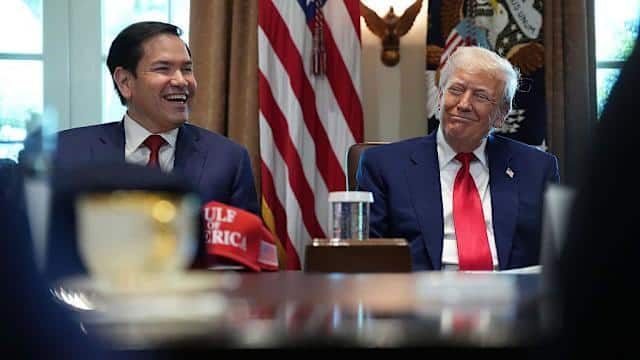US Mediators Leverage Backchannels to De-escalate Rivalries Among Nations

In a significant development, US President Donald Trump announced on Saturday that India and Pakistan have agreed to a “full and immediate ceasefire” following four days of intense cross-border clashes. The announcement, made via social media, came after US mediators worked behind the scenes to de-escalate tensions between the two nuclear-armed nations. However, the ceasefire’s stability is already in question, as both countries exchanged accusations of violations just hours after the agreement was reached.
Escalating Tensions and Initial Strikes
The recent conflict between India and Pakistan escalated dramatically after a militant attack in Indian-administered Kashmir resulted in the deaths of 26 tourists. In response, India conducted airstrikes in both Pakistan and Pakistan-administered Kashmir, which led to days of aerial confrontations and artillery exchanges. By Saturday morning, both nations were accusing each other of missile strikes on their airbases, with each claiming to have inflicted significant damage on the other. The situation was rapidly deteriorating, raising fears of a potential full-scale war.
The Role of US Diplomacy
Experts suggest that US Secretary of State Marco Rubio’s communication with Pakistani Army Chief Asim Munir on May 9 was pivotal in facilitating the ceasefire. Tanvi Madan, a senior fellow at the Brookings Institution, noted that multiple countries, including the UK and Saudi Arabia, were involved in diplomatic efforts to reduce tensions. Pakistan’s Foreign Minister Ishaq Dar mentioned that “three dozen countries” participated in the negotiations. The timing of US intervention has been a topic of discussion, with some questioning whether earlier engagement could have prevented the escalation.
US Involvement and Historical Context
Historically, US mediation has played a crucial role in diffusing India-Pakistan crises. Former US Secretary of State Mike Pompeo recounted in his memoirs how he was awakened during a previous standoff to address fears of nuclear escalation. While some diplomats believe the US’s role in the current crisis was significant, others argue that its initial reluctance to intervene was a departure from past practices. US Vice President JD Vance stated that the conflict was “none of our business,” emphasizing a more hands-off approach at the onset of the crisis.
Concerns Over Ceasefire Durability
Despite the announcement of a ceasefire, doubts remain regarding its longevity. Reports indicate that the agreement may have been brokered by senior military officials from both countries rather than through US intervention. Analysts warn that the ceasefire is likely to be fragile, given the rapidity with which it was established amid high tensions. Michael Kugelman, a foreign policy analyst, expressed concerns that the lack of proper guarantees could undermine the ceasefire’s effectiveness. As the situation continues to evolve, the international community watches closely to see if this fragile peace can hold.
Observer Voice is the one stop site for National, International news, Sports, Editor’s Choice, Art/culture contents, Quotes and much more. We also cover historical contents. Historical contents includes World History, Indian History, and what happened today. The website also covers Entertainment across the India and World.
Follow Us on Twitter, Instagram, Facebook, & LinkedIn

